The exterior of a building is the first impression it creates, making it crucial to choose the right material for outdoor facades. Stone facades have gained popularity in recent years due to their durability, elegance, and timeless appeal. In this article, we will explore the advantages of an outdoor stone facade, its various uses, and the considerations to keep in mind when selecting and installing one. 1. Durability and Longevity: One of the most notable advantages of a stone facade is its exceptional durability. Stone is known for its ability to withstand harsh weather conditions, temperature fluctuations, and UV exposure. Unlike other building materials, stone maintains its integrity over time, requiring minimal maintenance.

.
 This makes it the ideal option for long-lasting outdoor facades. 2. Aesthetic Value: Stone facades offer a classic and elegant look that adds a touch of sophistication to any exterior. The natural variations in color, texture, and pattern create a unique and visually appealing finish. Whether used in traditional or contemporary designs, stone facades can enhance the architectural beauty of any building, making it stand out from the rest. 3. Versatility in Design: Stone facades come in a wide range of options, allowing for endless design possibilities. From smooth and polished limestone to rough and rustic granite, there is a stone variant to suit every architectural style. Additionally, stone can be cut and shaped into different sizes and dimensions, permitting customized designs tailored to the specific needs of the project.
This makes it the ideal option for long-lasting outdoor facades. 2. Aesthetic Value: Stone facades offer a classic and elegant look that adds a touch of sophistication to any exterior. The natural variations in color, texture, and pattern create a unique and visually appealing finish. Whether used in traditional or contemporary designs, stone facades can enhance the architectural beauty of any building, making it stand out from the rest. 3. Versatility in Design: Stone facades come in a wide range of options, allowing for endless design possibilities. From smooth and polished limestone to rough and rustic granite, there is a stone variant to suit every architectural style. Additionally, stone can be cut and shaped into different sizes and dimensions, permitting customized designs tailored to the specific needs of the project.
..
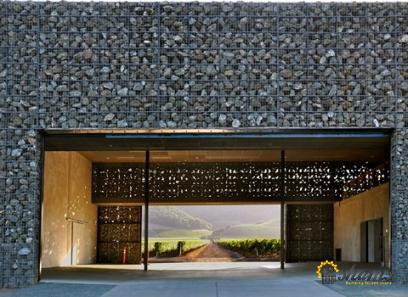 4. Energy Efficiency: Stone is an excellent insulator, providing thermal advantages for buildings. Its dense composition helps regulate indoor temperatures, reducing the need for excessive heating or cooling. This, in turn, contributes to energy efficiency, leading to potential cost savings on utility bills over time. 5. Maintenance Considerations: While stone facades require minimal maintenance, regular cleaning and sealing are necessary to preserve their appearance and integrity. Periodic washing and removing debris will prevent the accumulation of dirt and moss. Applying a sealant will protect the stone from staining and minimize the impacts of natural weathering elements, ensuring its longevity.
4. Energy Efficiency: Stone is an excellent insulator, providing thermal advantages for buildings. Its dense composition helps regulate indoor temperatures, reducing the need for excessive heating or cooling. This, in turn, contributes to energy efficiency, leading to potential cost savings on utility bills over time. 5. Maintenance Considerations: While stone facades require minimal maintenance, regular cleaning and sealing are necessary to preserve their appearance and integrity. Periodic washing and removing debris will prevent the accumulation of dirt and moss. Applying a sealant will protect the stone from staining and minimize the impacts of natural weathering elements, ensuring its longevity.
…
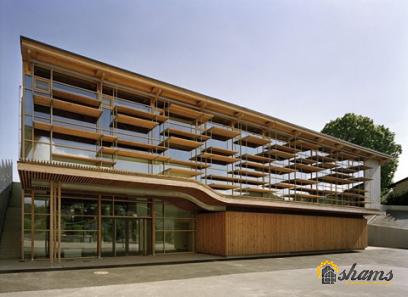 6. Installation Process: To ensure the successful installation of an outdoor stone facade, it is essential to engage professional contractors with expertise in stonemasonry. The process involves proper site preparation, including the assessment of structural integrity, weatherproofing, and choosing the appropriate mounting system. Professional installation can guarantee a secure and visually appealing final result. Conclusion: Choosing an outdoor stone facade for your building not only enhances its appearance but also adds value and durability. With its timeless appeal, versatility, and energy-efficient properties, a stone facade can transform your outdoor space into a stunning and memorable architectural masterpiece. By considering the design, durability, maintenance, and installation process, you can create a long-lasting and aesthetically pleasing exterior that will stand the test of time.
6. Installation Process: To ensure the successful installation of an outdoor stone facade, it is essential to engage professional contractors with expertise in stonemasonry. The process involves proper site preparation, including the assessment of structural integrity, weatherproofing, and choosing the appropriate mounting system. Professional installation can guarantee a secure and visually appealing final result. Conclusion: Choosing an outdoor stone facade for your building not only enhances its appearance but also adds value and durability. With its timeless appeal, versatility, and energy-efficient properties, a stone facade can transform your outdoor space into a stunning and memorable architectural masterpiece. By considering the design, durability, maintenance, and installation process, you can create a long-lasting and aesthetically pleasing exterior that will stand the test of time.

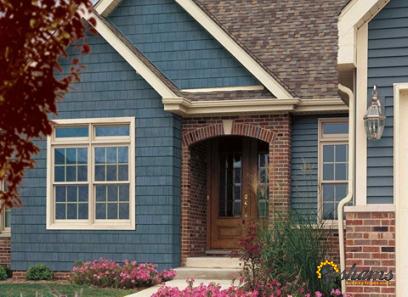
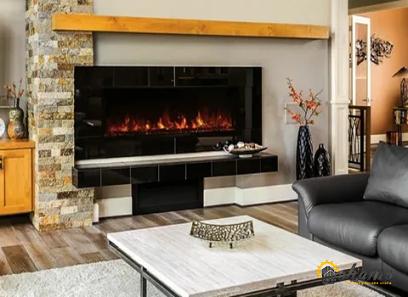
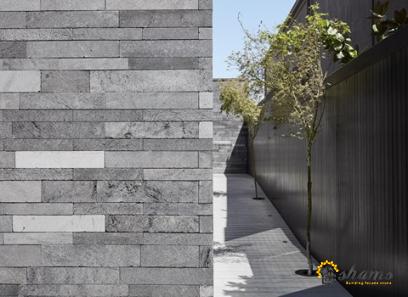
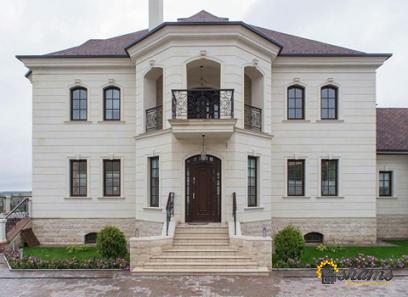
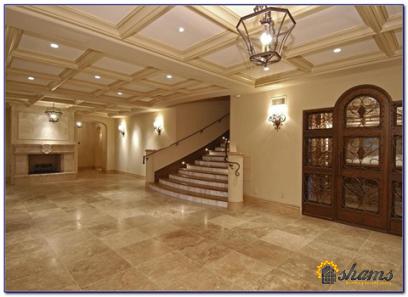

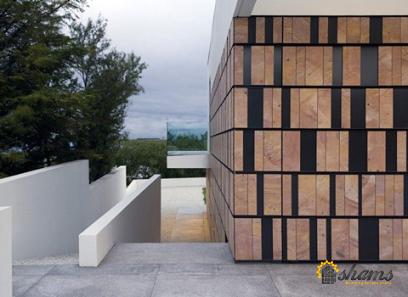
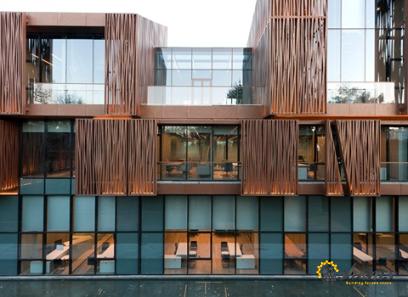
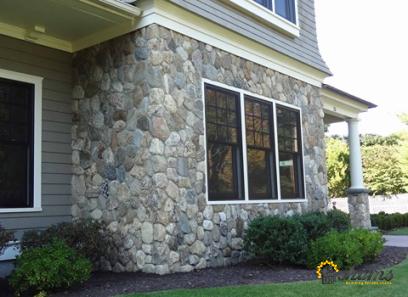
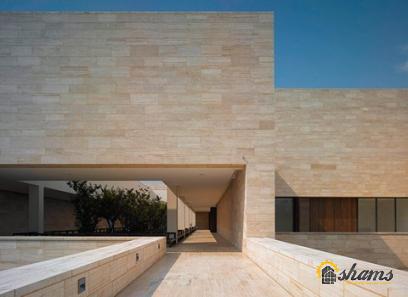
Your comment submitted.